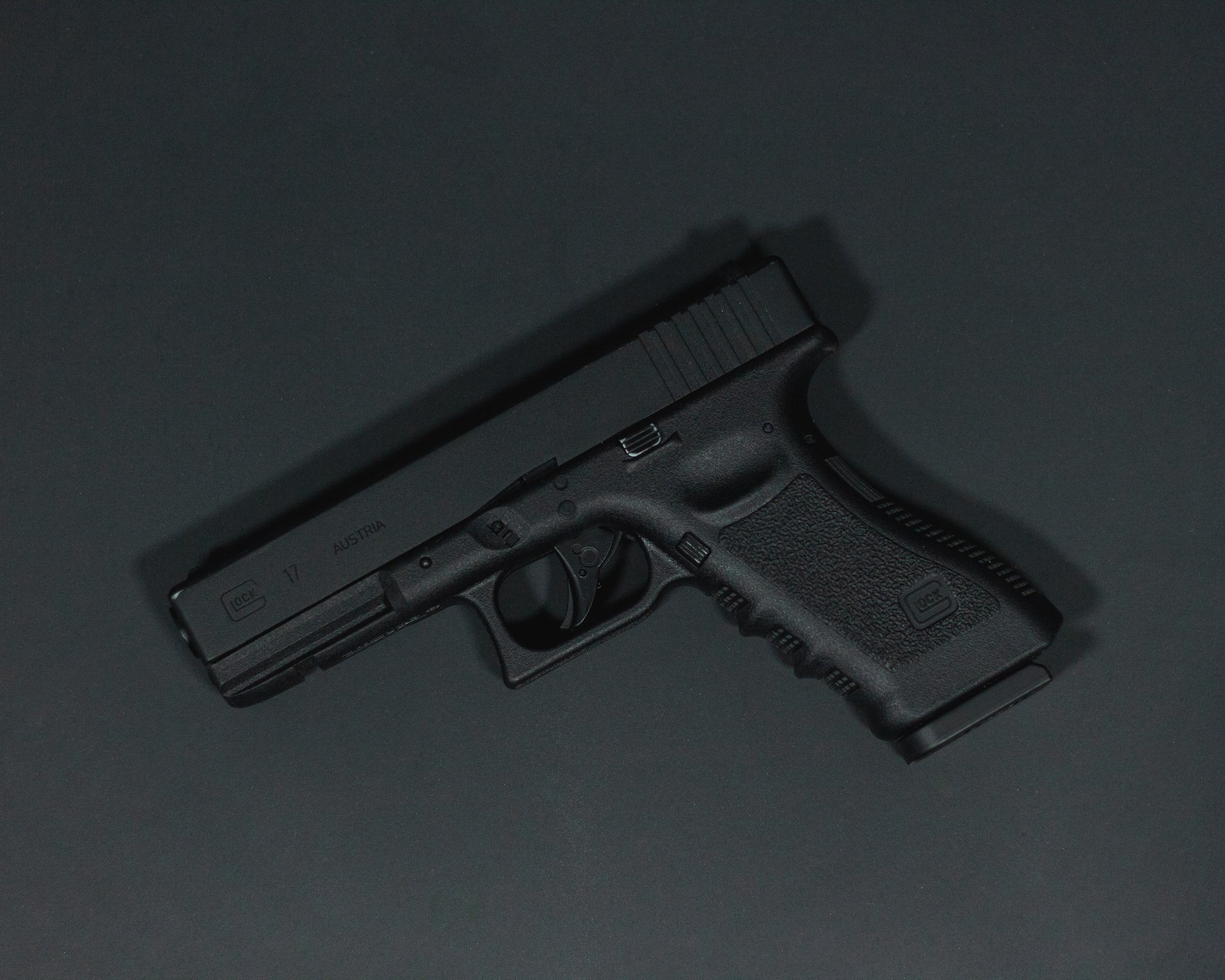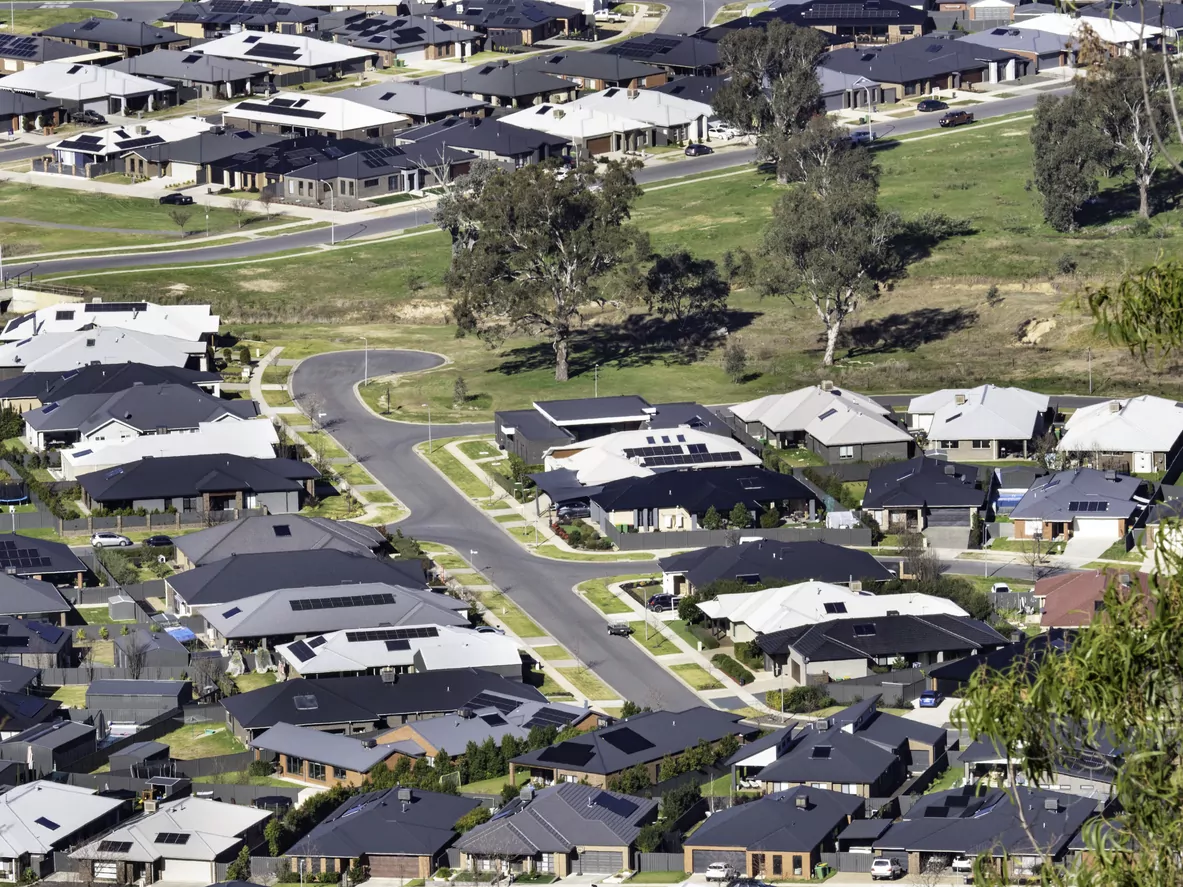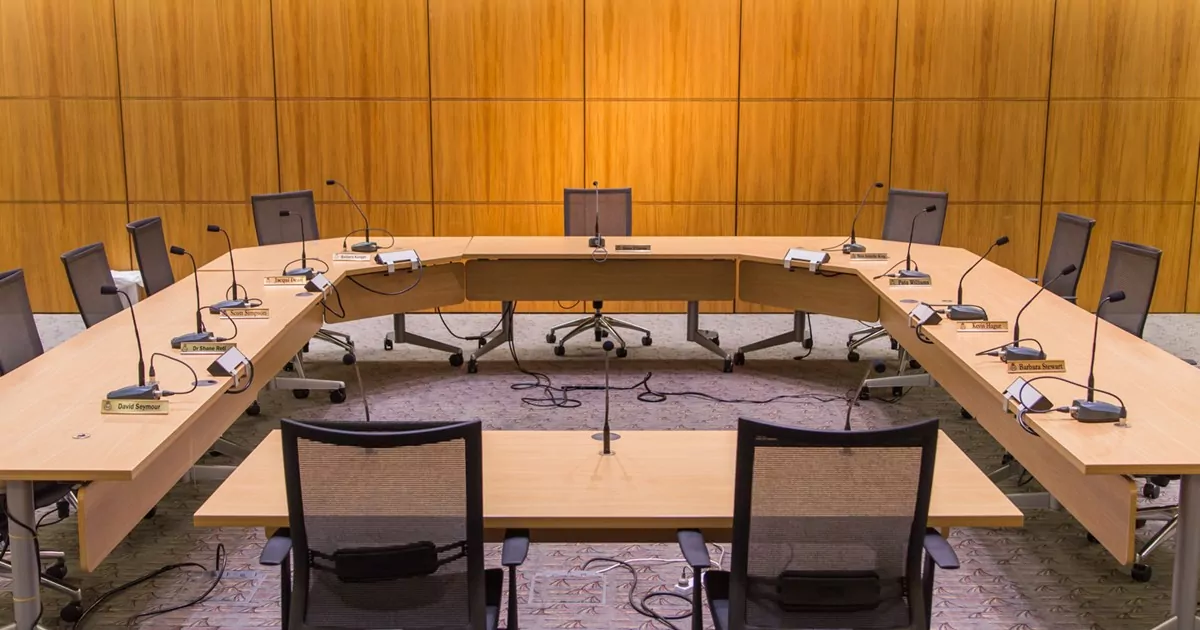New legislation aimed to reduce gun crime comes into force today.
Police Minister Chris Hipkins said the Firearms Prohibition Orders will improve public safety by stopping people whose behaviour and actions represent a high risk of violence from accessing firearms or restricted weapons.
The Orders empower judges to prohibit anyone convicted of firearms-related crimes and other specific crimes, including murder and serious violence offences, from accessing or using guns.
“Firearms Prohibition Orders target any violent offenders, including gang members. It gets the balance right between public safety and the right to use and own firearms– by prohibiting people with a history of offending from being near a dangerous weapon.” Hipkins said.
Among the top ten areas for firearms crime, include Cathedral Square in Christchurch and downtown Palmerston North, which were by far the highest on a per capita basis.
Population data released in September for the Cathedral Square area shows 651 residents, giving a rate of gun crime of 384 incidents per 10,000 population – though many firearms offences committed in the inner city will be committed by people resident elsewhere. In comparison, Māngere South had 30 incidents per 10,000 residents.
Police figures show violent firearms offences in New Zealand increased, from 981 in 2017, to 1141 in 2019, and 1335 last year.
Hipkins said “the new legislation gives a judge the power to impose an order lasting 10 years and makes it a criminal offence to breach the conditions of the order. A breach is an imprisonable offence.”
Penalties for new breach offences include:
-
Up to two years imprisonment, if a person breaches a condition of the order, for example resides in a location where there is firearms, or visits a prohibited location such as a gun shop.
-
Up to five years imprisonment if a person is found in possession or control of a firearm.
-
Up to seven years imprisonment if the firearm was a prohibited firearm, such as military style semi-automatic weapons.
-
Up to five years imprisonment, or up to seven years imprisonment if the firearm was a prohibited firearm, for knowingly supplying a firearm to a person subject to a firearm prohibition order.
“Firearms Prohibition Orders close a gap in the Arms Act 1983 that might have enabled a high-risk person to legally access firearms,” said Mr Hipkins. “We have brought in this legislative tool to hold offenders to account and keep our communities safe from the harm which firearms can be caused when in the wrong hands.”









